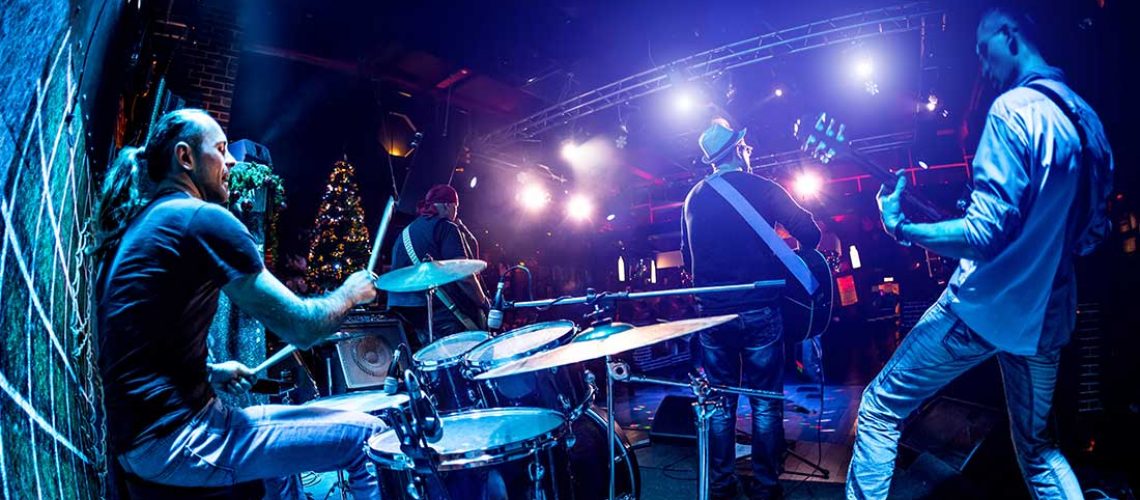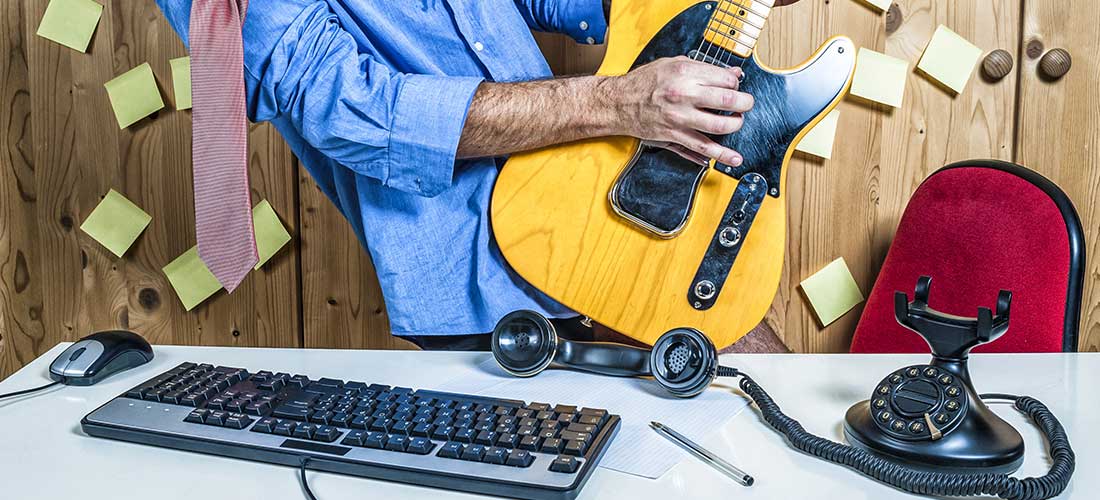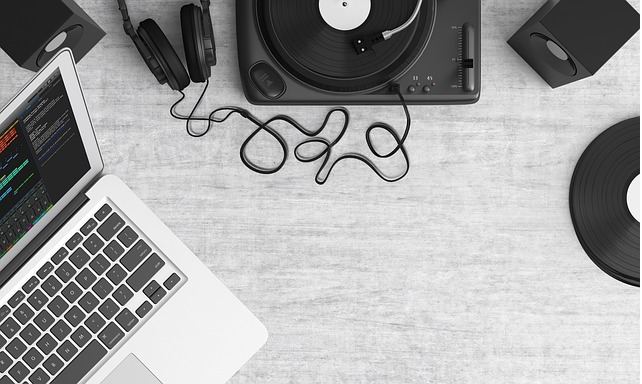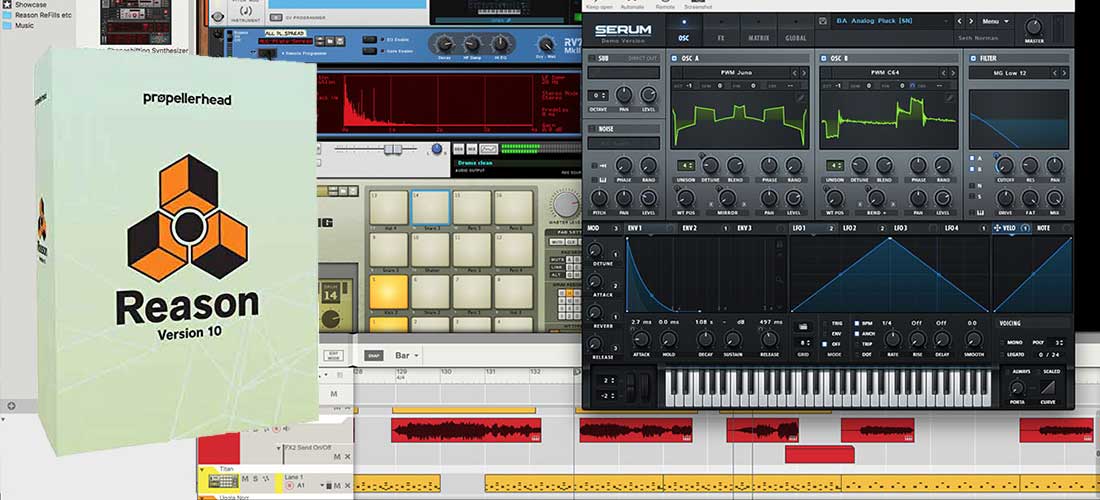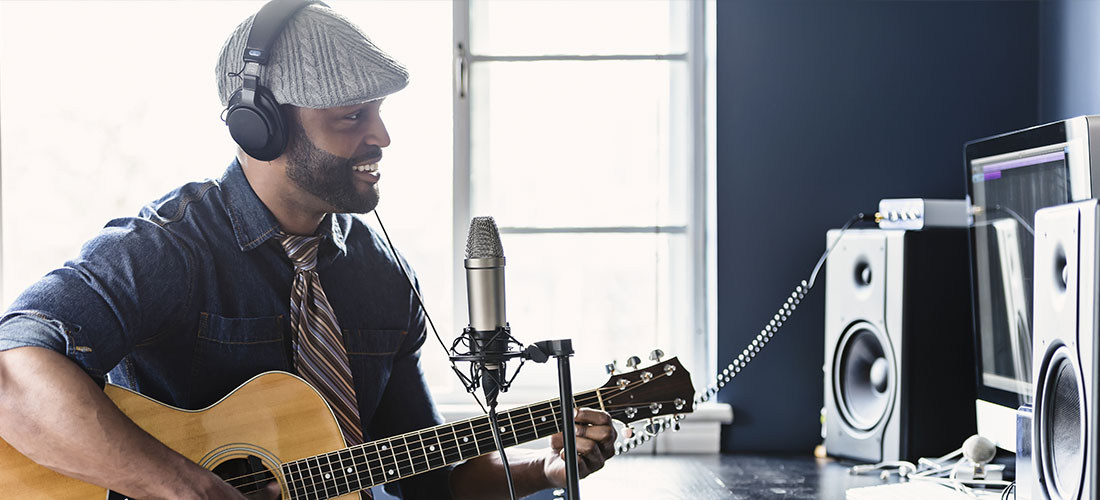At a Glance
Do you ever wonder how many artists are able to cover or remake a certain song from the 70s, 80s or 90s and then be able to sell or profit from it? You begin to wonder: how will the original composer respond to this? Did they have some sort of agreement? In this article, we’re going to explain to you the facts about a song license, where to get one and why they are important.
What Exactly is a Song License?
A song license is basically like an agreement between you and a composer, allowing you, as an artist, to adopt the composer’s song or work.
There are different licenses for songs:
- Cover or remake – this means you can create your own rendition of a song from a composer or artist. Example: Michael Andrews and Gary Jules cover the Tears for Fears song “Mad World”.
- Sampling – this means you can sample (take some parts of the audio recording) a song from a composer or artist, then turn it into a completely different song. Example: Nicki Minaj’s “Anaconda” directly samples from “Baby Got Back” by Sir Mix-A-Lot.
Why is a Song License Important?
A song license is important because all composers have property rights to whatever they wrote. It would seem unfair that one composer makes a song and then many people profit from it without giving the rightful royalties back to the composer.
To organize the royalties, composers may ask cover artists to obtain a song license to sell the cover song. The license is often referred to as a “mechanical license”.
How to Get a License for a Cover Song
To avoid any legal disputes, here are the different ways you can obtain a license for a cover song, as well as alternative methods for giving royalties to the composers:
1. Loudr
The Loudr service is a popular licensing platform that allows artists and bands to obtain licenses easily. The cost is $15 for the service fee (since they’ll do the paperwork for you) and 9.1 cents for each download the song gets as royalty fees for the composer.
2. Songfile
Another popular licensing platform or service would be Songfile. They do, however, charge a higher service fee of $16 per song + artist royalties.
3. Spotify’s licensing services
If you already have your music on Spotify using an aggregator (a service that lets you publish music onto different online music stores and streaming services in one go), chances are, if you do a cover song then Spotify may do the licensing work for you.
4. YouTube Ads
Whether or not you’re a YouTube Partner yet, it is common knowledge that most YouTube content creators get copyright issues, but not all of them end up in takedowns. Some of them just get their video demonetized or placed with ads that go directly to the composer or publishing company. If you do a cover song on YouTube and are worried about the licensing then having third-party ads will suffice for artist royalties.
Important Notes when Applying for a Song License
Keep in mind, however, that when you applying for a song license, you will need different licenses in case you are planning to cover a different version or genre of the song. For instance, if you want to cover “Somewhere Over the Rainbow” in both jazz and techno versions, those will require 2 licenses.
When you release music onto an artist service such as Bandcamp or Soundcloud, you should still check the licensing policies so that you will know whether or not you have to apply for a song license separately for your cover song.
Are there Benefits to Selling Cover Songs?
Yes! Frankly speaking, there are a ton of benefits to cover songs, and thus, licensing will be worth it. Here are some of its pros:
- Exposure and Marketing Strategy – artists who cover or sample songs are more likely to be noticed, as compared to those who only do original works, which can be a good marketing strategy if you really want to go mainstream.
- Homage to Previous Music Eras – when you cover a song, you may not know it, but many folks from that era may find it very nostalgic to hear the song. While not everyone is okay with cover songs, surely there are many fans out there who want you to release a cover of their favorite song from their childhood!
- Test of Artist Originality – there is an added challenge when you cover song, and that’s testing your artist originality. Building artist originality is crucial if you want to really be known for something and not end up being “just another artist” out there. Basically, this asks the following questions:
- What kind of music style are you known for?
- How are you going to apply this style to your cover song?
- Will fans recognize your style when they listen to the cover song?
Conclusion
Song covers are fun to do, but for you to legally sell them as part of your new release, proper licensing is important. We hope you found these methods of obtaining a song license useful! We’d like to know – are you planning to do a cover song for your next album? If so, how will you obtain a song license for it?

